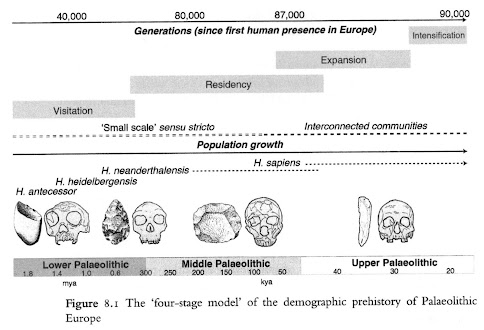You may have noticed that I haven't been posting much lately. This isn't a permanent change but does reflect my recent lack of interest in reading or writing. I would like to maintain a certain level of activity for the blog, but keep in mind that I have been retired for fifteen years, this does not produce any income for me, and I get little contact from readers, though the volume has gradually picked up since 2014. If you have suggestions or requests, you can contact me by emailing me at doubttheexperts@gmail.com.
The current book, which I just finished, by Martin Rees, is a slight disappointment. Though it might be useful to young scientists, seasoned academics or government officials, I felt that Rees stretched himself to the limit and has revealed his limitations to some extent. It appears that he led a successful career as an astrophysicist, then became an academic administrator at Cambridge, and was later made a Life Peer in the British House of Lords. In astronomy it seems that his main contribution was finding that large black holes are the source of quasars, and as a public intellectual he helped start CSER, which I think is a useful institution.
The research at CSER focuses on the major risks facing mankind, and, as in his previous book, On the Future: Prospects for Humanity, which I discussed in 2018, he lays out the principal risks that are being studied there now. This time, Rees is regurgitating most of the same information, while also describing the nuts and bolts of his career, in which, after establishing himself as a scientist, he endeavored to help the institutions that engage in science education and promote the acceptance of science-based decisions in the public sphere. I applaud his advocacy of science, but currently think that he is missing the mark, at least as far as my thoughts are concerned.
Although I generally support the scientific method, I don't necessarily think that science is the primary solution to the problems currently facing mankind. To be sure, we need solutions to global warming, potential asteroid strikes, AI security, pandemics, etc., but the main threat, in my opinion, is political incompetence, and although CSER theoretically covers that risk, as a respected scientific authority and MP, Rees is not in an appropriate position to advance those kinds of government policy changes. While a scientific understanding of the world would be beneficial if it were more widespread, with the Internet and social media it is misinformation that has become widespread, and voters can no longer be expected to vote in a rational manner, given the pervasive distortions of facts. Because of the realities of the current situation, I think, for example, that, within democratic systems, an emphasis should be placed on qualification requirements for heads of state. The most obvious example is Donald Trump. If he had been required to pass a knowledge test or a psychiatric test, he would probably not have become president. Besides those two areas, there was ample evidence before his election that he had engaged in mismanagement and possible criminal behavior for decades. A congressional act or constitutional amendment to safeguard the U.S. from such incompetence would probably be of greater practical value than all of the research done by CSER. Some of Trump's failings can be seen in Boris Johnson, and similar safeguards could have been beneficial to the U.K. too. One need only look at the social and financial costs of the recent pandemic and how those costs might have been reduced by competent leadership. Another obvious major risk is the presence of dysfunctional autocrats worldwide. If the U.S. and U.K. were able to amend their systems of governance to protect themselves from inappropriate leaders, if nothing else, they could provide a better model to other countries. I am appalled that Vladimir Putin still rules Russia.
With all this said, I am not completely dismissive of Rees. At present, he is an elder statesman of the British scientific community, and in this capacity he is doing a better job than others, Richard Dawkins, for example. Part of the problem with Rees, I think, is that he has no background in cognitive psychology. The serious problems facing the U.S. and U.K. are best seen as the result of the cognitive failures of voters. I think that Rees emphasizes the kinds of physical risks facing us that could easily be solved by scientists and engineers, when in fact human cognition actually presents a more dangerous and intractable risk. He is doing his best while not quite possessing the right qualifications for the job. This isn't really his fault, and, as he points out, the days of great polymaths are essentially over in the sciences, because specialization and the replacement of individuals with large teams renders that impossible.
